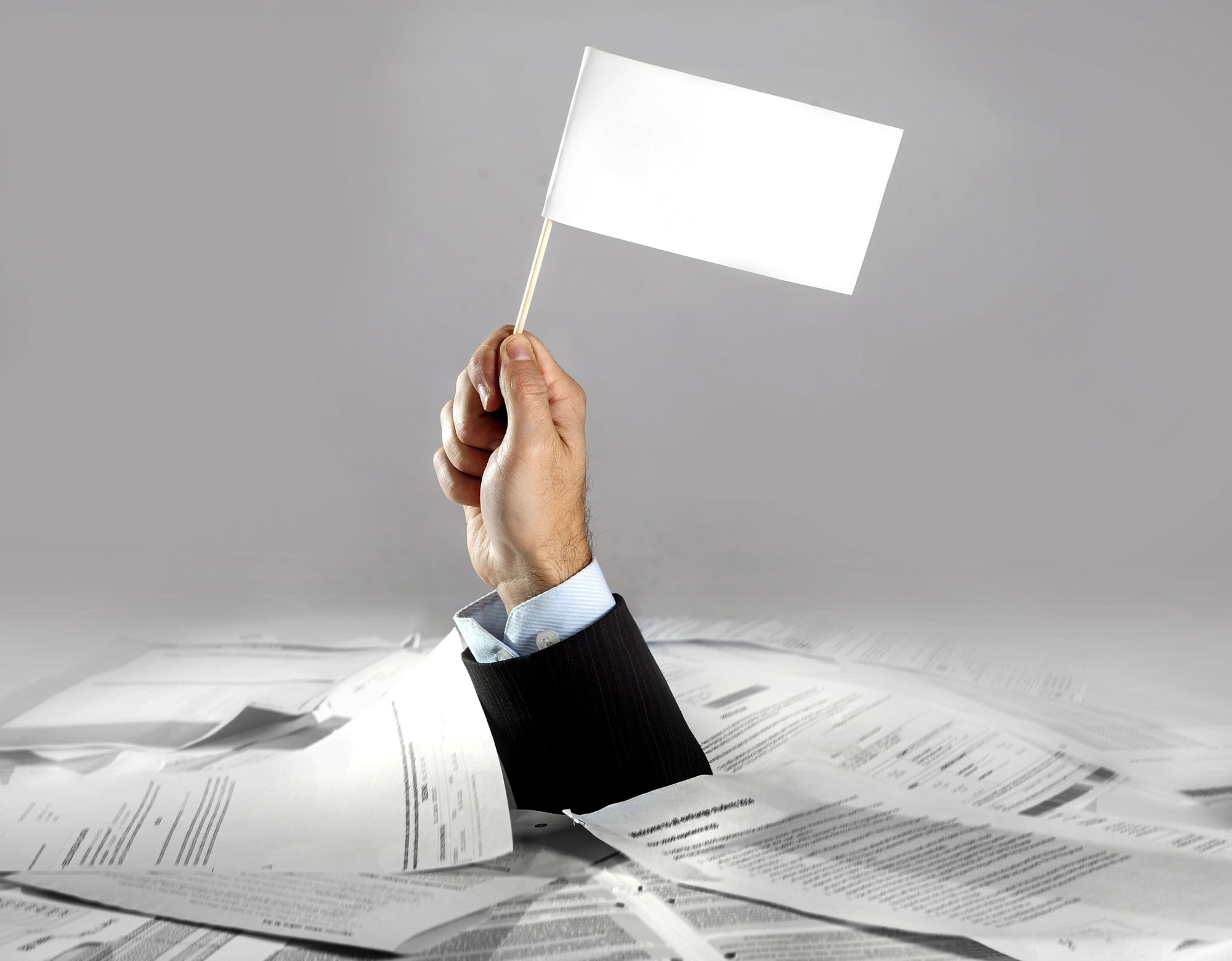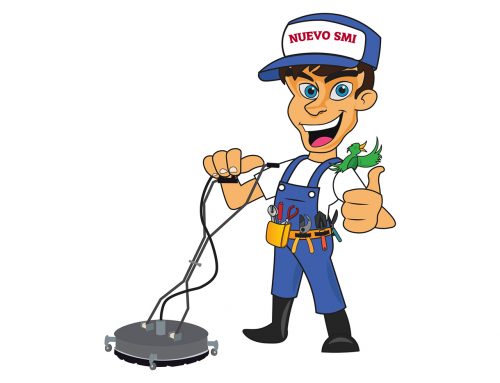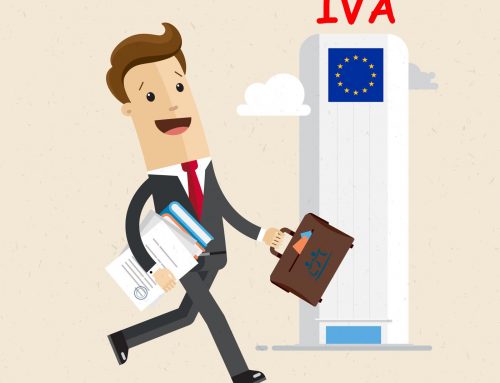Often businesses and professionals carry out their economic activity, procurement of goods and services in which for some reason they do not receive an invoice.
Is it possible to deduct that VAT that we have paid from the invoice that we haven’t received?
Unfortunately the answer to this question is NO, both the VAT Law as the DGT, state that “only entrepreneurs and professionals who are in possession of the document in support of their rights may deduct VAT” (CV0012 -16)
In short, it is a fundamental requirement for deduction of input VAT to have possession of the invoice.
Remember that it is the duty of each and every business and professional to issue and deliver invoices for each of the transactions made in the development of their activity.
If the employer or professional refuses to issue an invoice, the recipient of the goods or services may bring a corresponding economic-administrative claim. Consider that, if it comes to that claim, the favorable judgment is not sufficient for this tax deduction, but it is necessary that it is carried out and the invoice is received.
Content requirements of complete invoices:
1- The number and, where applicable, the series. The numbering of invoices within each series must be correlative. Separated they can be used if there are reasons for this (other activities) series. And the issue is mandatory in specific series of invoices issued simultaneously with simplified invoices.
2- The date of issue.
3- The name and surname, the name or complete corporate name, the obligation to issue an invoice and the recipient of operations.
4- The VAT number attributed by the Administration.
5- The VAT number of the recipient.
6- The domicile of the issuer of the invoice and the recipient of operations.
7- The description of the operations, stating all the data necessary for the determination of the VAT base and the amount of those, including the unit price without VAT of such operations, as well as discounts and rebates not included in that unit price.
8- The tax rate applied to transactions must be recorded separately.
9- The tax which, if any, is passed on, recorded separately. This quota must be expressed in euros.
10- The date of completion of transactions that are documented or, where appropriate, which has received the advance payment, provided that it is different from the issue of the invoice date.
Finally, remember that from the 01/01/2013, simplified invoices have replaced the tickets, with some additional data.








Leave A Comment